5310006163023
Price Quote Get an up to date pricing and availability quote for this product. Order online or over the phone.
Quality Commitment
Serving our customers with quality and safety first.
- AS9120 Certified
- Audited supply chain
- ITAR Registered
- DDTC Registered
- HAZMAT Certified
- Customer service objectives
- Every product 100% inspected

5310-00-616-3023 Specification Set by the OEM (see RNCC code 3)
rectangular
0.365in. and 0.385in. ⁓25/64"
round
1 round
0.051in. and 0.080in. ⁓3/32"
0.687in. ⁓11/16"
iron and steel
cadmium or zinc
Cross Reference Parts Part numbers that meet the specification outlined on this page and set by the OEM
Identification Item Identification Guide (IIG) and Item Name Code (INC)
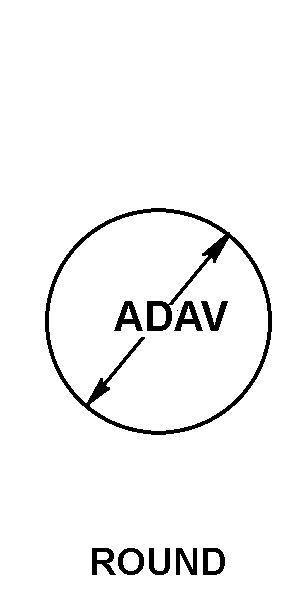
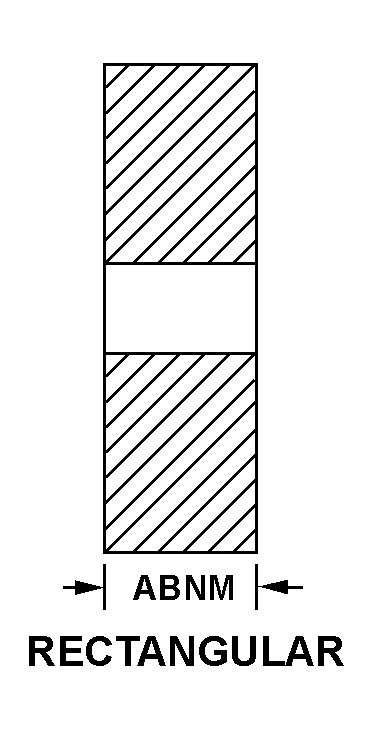
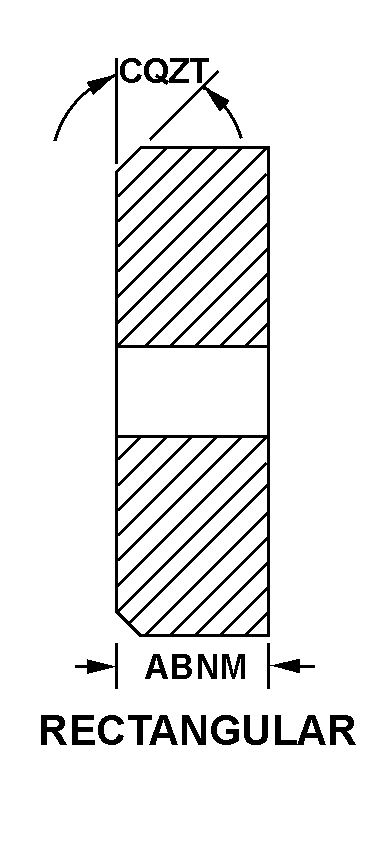
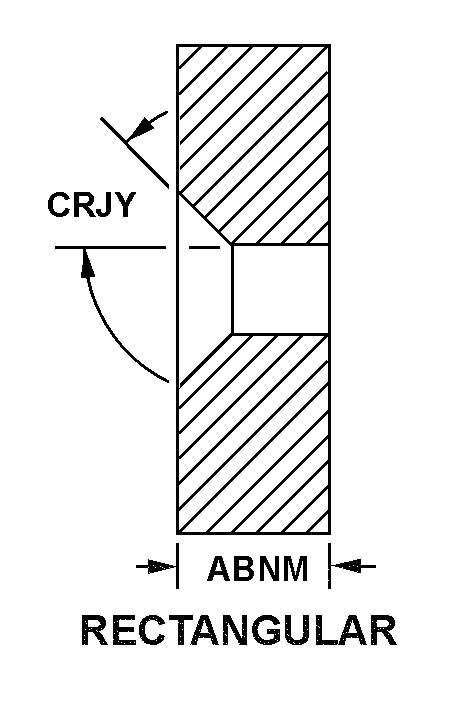
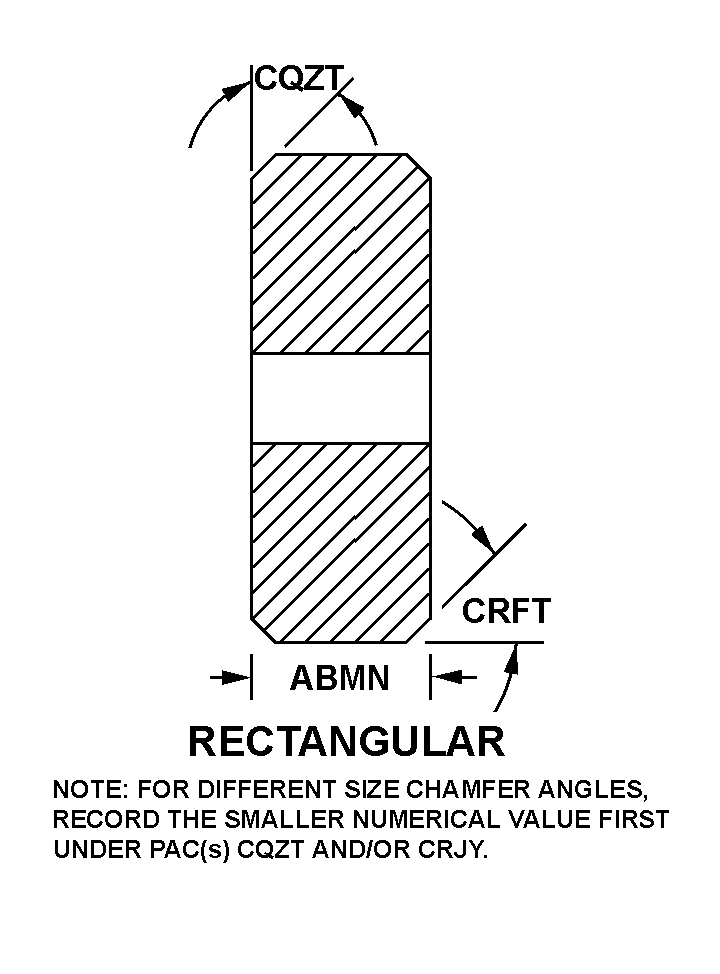
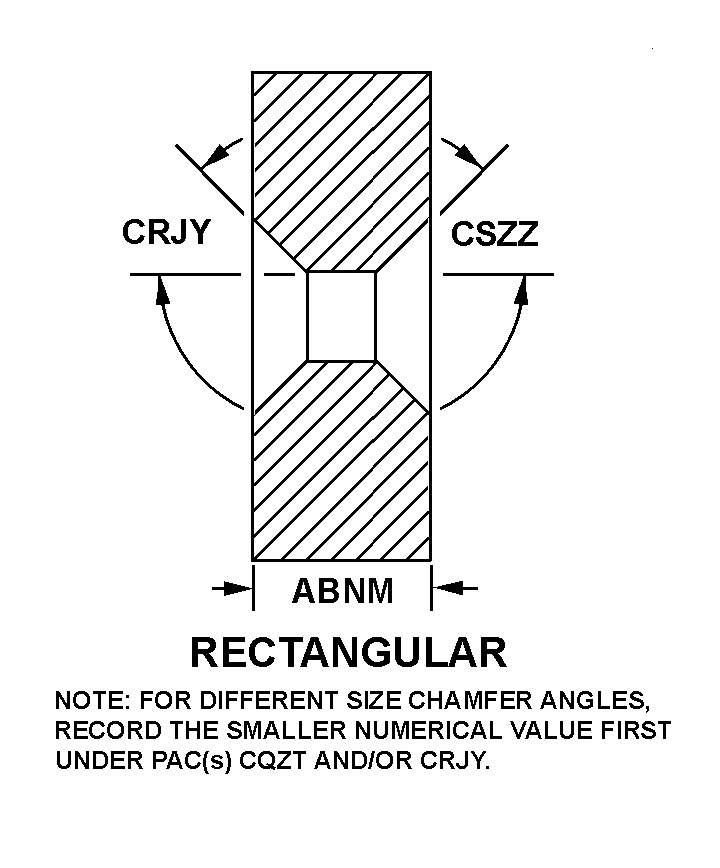
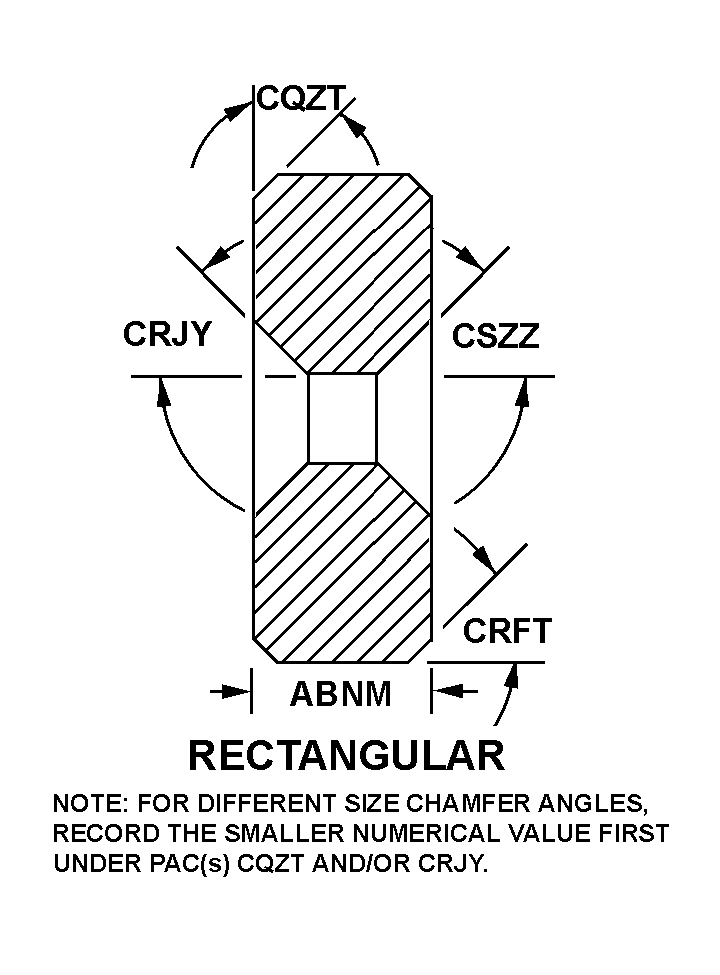
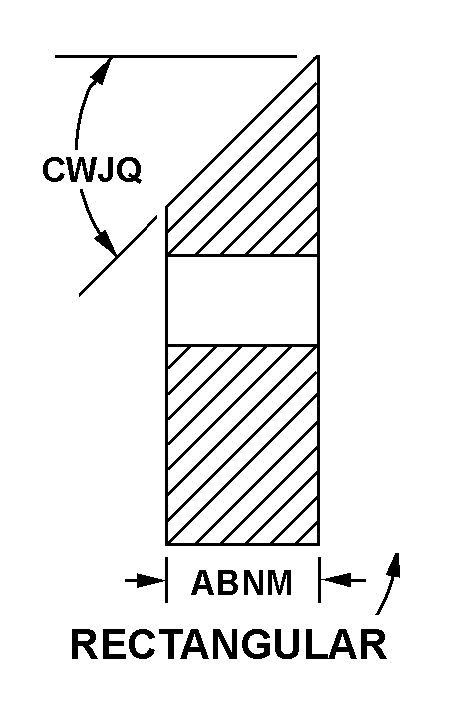
Definition Definition of approved item name (AIN): "WASHER,FLAT"
A washer having a centrally located hole with a solid or laminated cross-section and two flat parallel bearing surfaces. The hole must be 75 percent or less than the largest dimension and the bearing surface finish is greater than 32 microinch (0.8 micrometer). The thickness cannot exceed 25 percent of the largest outside dimension. When the largest outside dimension is less than 1/4 inch or 6mm, the thickness must be 0.006 inches (0.15mm) or greater and for items 1/4 inch (6mm) or larger, the thickness must be 0.016 inches (0.4mm) or greater. The maximum tolerance is applied to dimensions and used as a determining factor. Items with separable lamination use shim. For items fabricated from ceramic or electrically rated materials by specification or industry standards use insulator (1), washer. Excludes disk, valve, graphite impregnated and lubricated items.
5310-00-616-3023 Material Hazmat, Precious Metals, Criticality, Enviroment, and ESD
Indicates there is no data in the hmirs and the nsn is in a fsc not generally suspected of containing hazardous materials.
Precious metal content is unknown
The item does not have a nuclear hardened feature or any other critical feature such as tolerance, fit restriction or application.
Identification Codes
HMIC: Hazardous Material Indicator Code. A one position code that identifies a hazardous item.
PMIC: Precious Metal Indicator Code. A one position code which identifies items that have precious metals as part of their content. precious metals are those metals generally considered to be uncommon, highly valuable, and relatively superior in certain properties such as resistance to corrosion and electrical conductivity.
ESD: Electrostatic Discharge. Indicates if an item is susceptible to electrostatic discharge or electromagnetic interference damage. electrostatic discharge damage occurs when an accumulation of static electricity generated by the relative motion or separation of materials is released to another item by direct contact. electromagnetic interference damage occurs when an item comes into proximity with an electrostatic or magnetic field.
ENAC: Enviromental Attribute Code. Identifies items with environmentally preferred characteristics.
CRITL: Criticality Indicator Code. Indicates an item is technically critical by tolerance, fit, application, nuclear hardness properties, or other characteristics.






